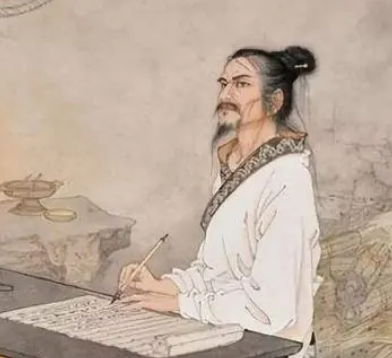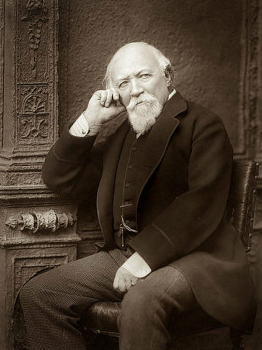Du Fu, renowned as the "Sage of Poetry" in the Tang Dynasty, was highly esteemed along with Li Bai as "Li and Du". However, despite his prominence, Du Fu was not included among the Eight Great Prose Writers of the Tang and Song Dynasties. This article aims to explore the reasons for Du Fu's exclusion from this prestigious group from the perspectives of historical background, literary achievements, and status.

I. Historical Background
Changes in Evaluation Standards for the Eight Great Prose Writers: During the Tang and Song periods, significant changes occurred in the literary evaluation system. In the Tang Dynasty, poetry was the primary form of literary creation for scholars, while in the Song Dynasty, literary forms such as prose and ci (poetry in verse) also began to gain prominence. Consequently, in the early Song Dynasty, the brothers Su Shi, Su Xun, and Su Zhe emerged as part of the initial "Four Literary Giants". Over time, the evolving literary evaluation standards resulted in Du Fu's exclusion from the Eight Great Prose Writers.
Political Factors in the Evaluation of the Eight Great Prose Writers: In the Tang Dynasty, the official support for literature was considerable, and many literary figures received recognition and promotion from the emperor. However, in the Song Dynasty, due to reforms in the bureaucratic system, the power of scholars was limited. Therefore, some highly esteemed literary figures in the Tang Dynasty, such as Han Yu and Liu Zongyuan, did not receive sufficient political support in the Song Dynasty.
II. Literary Achievements and Status
The Unique Style of Du Fu's Poetry: Du Fu's poetry is renowned for its focus on people's livelihoods and reflection of social realities. His poems exhibit a strong realistic color, revealing the ugliness of society and the suffering of the people. Although Du Fu achieved remarkable success in poetry, his style did not fully align with the "romantic and elegant" poetry preferred by the Eight Great Prose Writers.
The Rising Status of Du Fu: Although Du Fu was not a core member of the Eight Great Prose Writers, his status gradually rose in subsequent literary circles. During the Northern Song Dynasty, Wang Anshi and Su Shi highly praised Du Fu's poetry, acknowledging him as a "giant of poetic history". Furthermore, Du Fu's poetry had a profound influence on subsequent poets, such as Bai Juyi and Yuan Zhen, who were inspired by his work.
III. Conclusion
Despite not being a core member of the Eight Great Prose Writers, Du Fu's status and influence in literary history cannot be overlooked. As stated by Liu Zhiji, a literary figure of the Tang Dynasty, "Although the quality of Du Fu's poetry may be humble, its literary value is exalted." Through his poetry, which focuses on people's livelihoods and reflects social realities, Du Fu presents a true and profound ancient world. His poems not only possess high artistic value but also provide valuable historical materials, enabling us to better understand the society of the Tang Dynasty.
Disclaimer: The above content is sourced from the internet and the copyright belongs to the original author. If there is any infringement of your original copyright, please inform us and we will delete the relevant content as soon as possible.
































